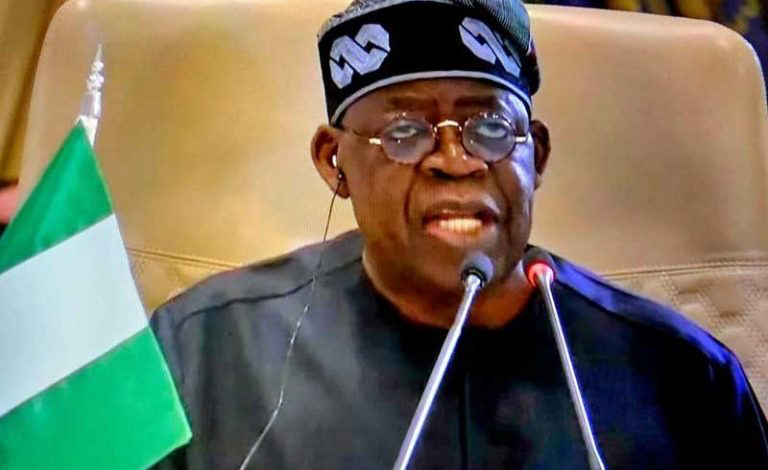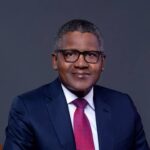In response to the escalating security challenges facing Nigeria, including the recent massacre in Benue State, President Bola Ahmed Tinubu has called for significant reforms to the nation’s security framework, emphasizing that state police have become a “national imperative.”
His remarks came during a recent legislative dialogue in Abuja focused on constitutional reform and national security, organized by the House Committee on Constitution Review in partnership with the Office of the National Security Adviser.
Represented by Defence Minister Mohammed Abubakar Badaru, Tinubu stated that the current centralized security system is no longer effective, warning that failure to align the Constitution with the realities on the ground poses a serious threat to national unity. He highlighted the urgency of the state police debate, which he noted is rooted in the daily fears of Nigerians, including farmers hesitant to work their fields and traders uncertain about safe travel.
The President criticized the 1999 Constitution as outdated for addressing contemporary security issues, citing the complexities of terrorism, cybercrime, and conflicts between farmers and herders as indicative of the inadequacies within the existing legal framework. He argued that the rapid evolution of technology and security threats demands constitutional adaptation to ensure it remains relevant and protective of national unity.
Tinubu proposed moving policing from the Exclusive Legislative List to the Concurrent List, allowing states that possess the necessary capacity and political will to form their own police forces. This shift, he believes, would foster more accountable community policing while maintaining federal oversight.
His advocacy for state police comes amid increasing calls from governors, traditional leaders, and civil society groups, recognizing it as a potential solution to Nigeria’s overstretched security agencies. During his address, Tinubu also acknowledged recent achievements in national security, particularly through enhanced collaboration among security agencies, which have led to significant operations against terrorism and criminal activities in various regions.
He underscored the importance of cooperative security efforts, stating, “Security in the 21st century is cooperative, not competitive. No single agency or tier of government can address these threats alone.” In addition to internal reforms, Tinubu pointed to Nigeria’s porous borders as a significant security challenge, facilitating arms trafficking and cross-border terrorism. He asserted that the Constitution should clarify the roles of federal and state actors in securing the nation’s frontiers.
The President also highlighted initiatives aimed at safeguarding vulnerable populations, including schoolchildren, through the establishment of the National Safe Schools Response Coordination Centre and community policing frameworks designed to rebuild trust between citizens and law enforcement.
He urged the National Assembly, particularly the House Committee on Constitution Review, to act swiftly and boldly in implementing security-focused amendments, emphasizing that legislative courage is essential for meaningful reform.
Speaker of the House of Representatives Abbas Tajudeen echoed the importance of the dialogue, noting the need for an updated legal framework to address Nigeria’s multifaceted security landscape. He stressed that the House is committed to taking actionable steps to support the government’s efforts in combating insecurity.
Deputy Speaker Benjamin Kalu described the dialogue as a vital process, emphasizing the necessity of basing reforms on accurate assessments from those directly involved in security operations. Chief of Defence Staff Gen. Christopher Musa also called for urgent legal and constitutional reforms to tackle emerging threats, advocating for clearer command structures and operational procedures.
National Security Adviser Nuhu Ribadu highlighted the interconnectedness of security and constitutional order, emphasizing the need for a responsive constitution that reflects the aspirations and challenges of Nigerians. He commended the National Assembly for its initiative and called for reforms that decentralize service delivery and strengthen governance.

